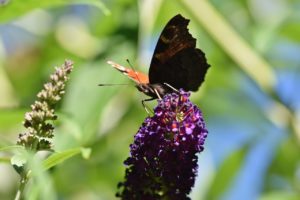Can the SARS-2 infection cause and neurodegenerative diseases?
It is important to understand the potential connection between viral infections and neurodegenerative diseases. Studies have suggested that certain viruses, such as the herpes simplex virus and human herpesvirus 6 and 7, may be associated with neurodegenerative diseases such as Alzheimer’s and multiple sclerosis. Additionally, research has also suggested a possible link between prion protein and Creutzfeldt-Jakob disease. However, it is important to note that most of these studies are observational, and more research is needed to confirm these findings.
Recent data mining studies have found numerous associations between common viruses, such as the flu, and neurodegenerative disorders such as Parkinson’s disease, Alzheimer’s disease (https://www.nature.com/articles/d41586-023-00181-3), and MS(https://doi.org/10.1126/science.abj8222). However, experts caution that these studies merely describe correlations and do not prove causation.
Regarding the SARS-CoV-2 virus, which causes COVID-19, there is currently no evidence to suggest that it causes neurodegenerative diseases. However, some COVID-19 patients have reported neurological symptoms such as loss of taste, smell, and confusion and some have developed encephalitis and myelitis. Additionally, there have been case reports of patients developing Guillain-Barré syndrome, a neurological disorder that causes muscle weakness and paralysis.
It is important to note that more research is needed to understand the relationship between viral infections and neurodegenerative diseases. Additionally, studies have reported that COVID-19 patients with pre-existing neurological conditions are more likely to experience severe illness, so it is important for those individuals to take extra precautions to protect themselves from the virus.
It is important to take all necessary precautions to prevent viral infections, including washing your hands regularly, practicing social distancing, and getting vaccinated. Additionally, it is important to consult with a healthcare professional if you have any concerns about your neurological health.

